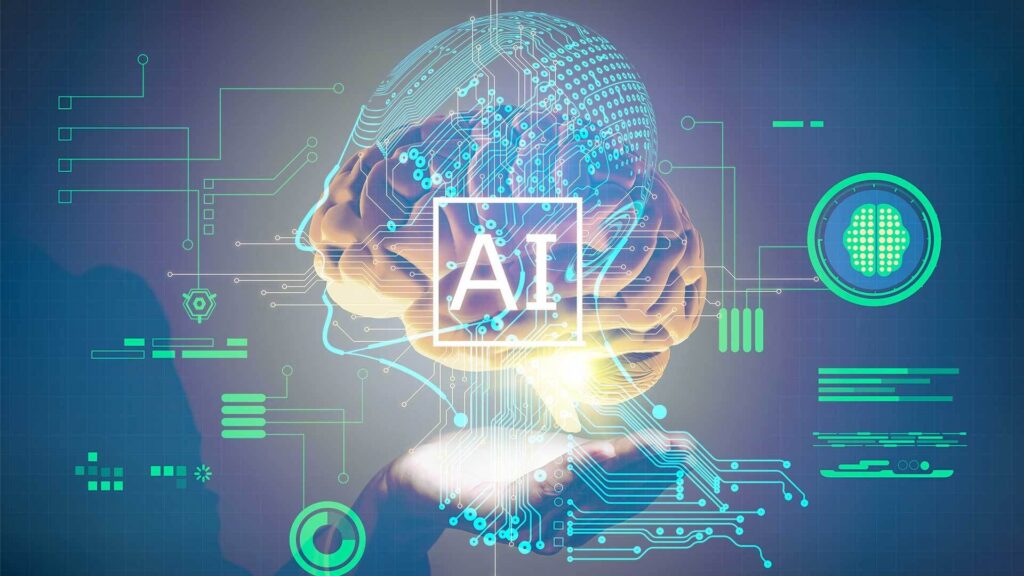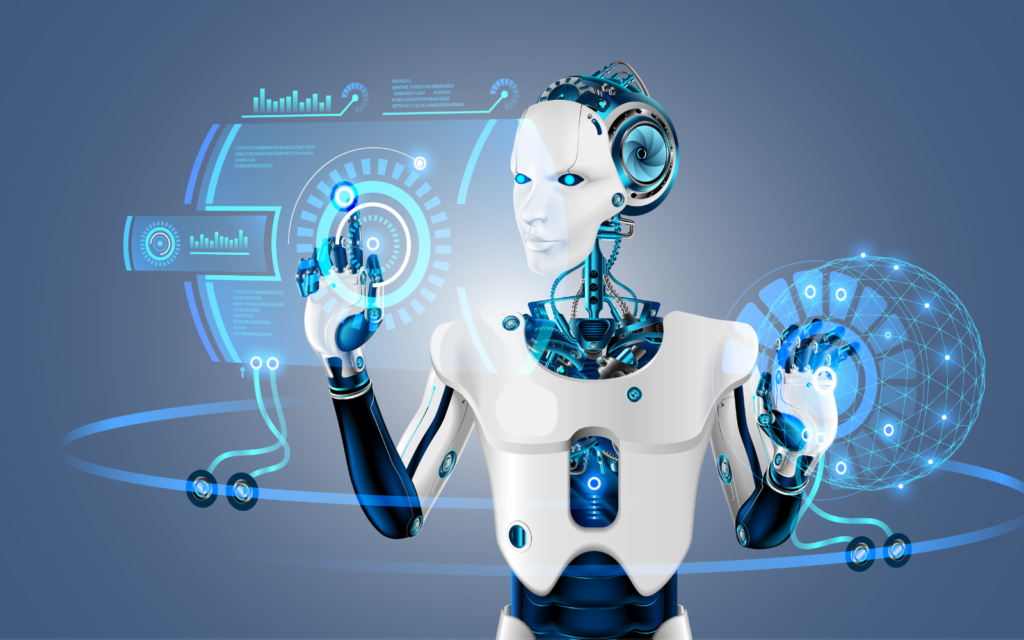Artificial Intelligence: A Revolution in the Making

Artificial intelligence (AI) has evolved as a distinguishing technology in the twenty-first century, influencing many aspects of our daily life. AI is everywhere, from voice assistants like Siri and Alexa to powerful algorithms that underpin recommendation systems on sites such as Netflix and Amazon. This breakthrough technology, inspired by the human brain, allows machines to emulate intelligent behaviour, learn from data, and make judgements with little human intervention. With its rapid breakthroughs, AI has the ability to transform industries, drive innovation, and handle difficult global concerns.
One of the most impressive elements of AI is its capacity to handle massive volumes of data and extract useful insights from it. Machine learning algorithms, a subset of AI, excel in identifying patterns in data and making predictions or judgements based on them. This capability has far-reaching ramifications for a variety of industries, including healthcare, finance, transportation, and more. In healthcare, AI-powered systems can analyse medical images to help clinicians diagnose diseases more quickly and accurately. Similarly, in finance, AI systems can analyse market movements in real time to make intelligent investment decisions that optimise portfolios and maximise returns.
“Artificial intelligence is the science of making machines do things that would require intelligence if done by men.” – Marvin Minsky
However, widespread deployment of AI creates ethical and cultural challenges that must be carefully addressed. Issues such as algorithmic bias, data privacy, and job displacement necessitate proactive efforts to ensure that AI is created and implemented ethically. As AI systems become more independent, concerns about accountability and transparency grow. It is critical that legislators, technologists, and society as a whole work together to establish ethical principles and laws for the development and deployment of artificial intelligence systems. Only through responsible innovation can we fully realise the potential of AI while reducing its hazards and ensuring that it benefits everyone.
To summarise, AI represents a paradigm shift in the way we engage with technology and perceive intelligence. Its revolutionary force has the ability to restructure industries, improve human capacities, and address some of the most important issues of our day. However, realising this promise necessitates a collaborative effort to overcome ethical, societal, and regulatory issues. By promoting a culture of responsible innovation, we can ensure that AI is a force for good, allowing mankind to prosper in the age of intelligent robots.




